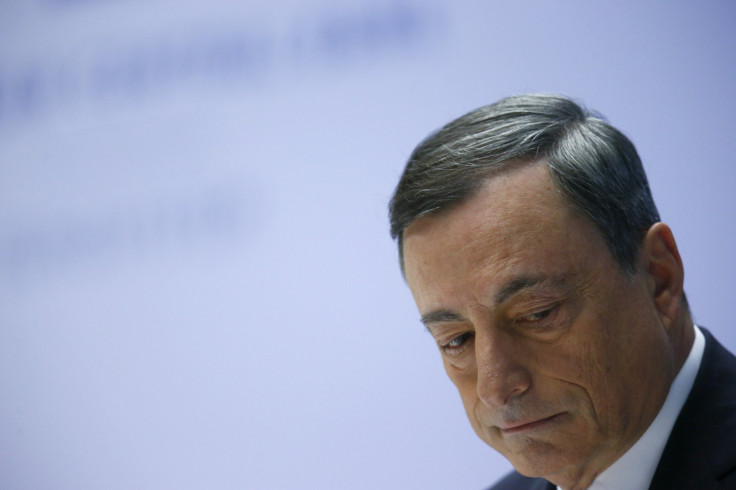Eurozone Inflation Refuses To Rise Despite ECB Stimulus

Consumer prices in the 19-member eurozone bloc rose at a slower rate than economists expected, resisting attempts by the European Central Bank (ECB) to boost inflation in late 2015. Consumer prices in December were up 0.2 percent, unchanged from November, the European Union’s statistics agency said in a report released Tuesday.
According to a Bloomberg poll, economists expected inflation in the eurozone to rise 0.3 percent in December, which would have been its strongest reading in seven months.
Europe’s policy makers and economists had forecast the annual rate of inflation to move up towards end-2015, expecting oil prices not to repeat their 2014 fall. However, as oil prices continued their decline well into 2015, ECB’s hopes to see a gradual pick up in prices have been thwarted for the time being.
Lower oil prices have left European households with more money to spend on other goods and services. ECB considers very low rates of inflation a long-term threat to eurozone’s economy, as it makes it more difficult for the bank to bring down the high levels of debt accumulated before and after the financial crisis of 2008.
In a bid to spur growth, ECB further cut the negative interest rate it pays to banks in December and extended a bond-buying program by six months to March 2017. At the time, ECB chief Mario Draghi said he expected inflation to start to pick up beginning of 2016.
However with the price of Brent crude — a benchmark for oil prices — at its lowest annual average in 11 years , ECB’s medium-term inflation goal of just under 2 percent has moved further away.
“While implications for the medium-term outlook may take time for the Governing Council to assess in view of recent easing, the latest inflation data offer no respite and will keep the Council under pressure to do more in the first half of this year,” Nick Matthews, head of European economic research at Nomura International in London, told Bloomberg.
On Monday, Germany’s statistics office reported inflation of 0.3 percent for 2015, missing economists’ estimates of a 0.4 percent in Europe’s largest economy.
© Copyright IBTimes 2025. All rights reserved.





















